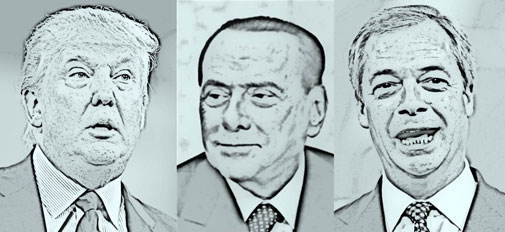Media Populism and European Democracy

Rationale
The rise of the so-called new populism has been linked in various ways to recent transformations in media and political communication. Wherever populist parties and their leaders have gained in recent elections, their success was facilitated by the media. The extent to which populism is supported by new and old media affordances, the conditions under which populism unfolds through the media and the effects this has on our democracies are however still largely unexplored. While there is ample evidence of the symbiosis between populism and the media – Berlusconi’s TV empire, Trump’s Twitter populism or the Brexit Facebook campaigns – we still know only little about the public and media stages where populist communication is performed and where it reaches out to the audiences. The relationship between populism and the media is partly obfuscated by the populist leaders themselves, many of them setting themselves in scene as media victims and claiming instead for an immediate relationship to the people. The study of populism in relation to media and communication is however also hampered by the lack of a conceptual apparatus and by the various methodological challenges for comparative media analysis.
